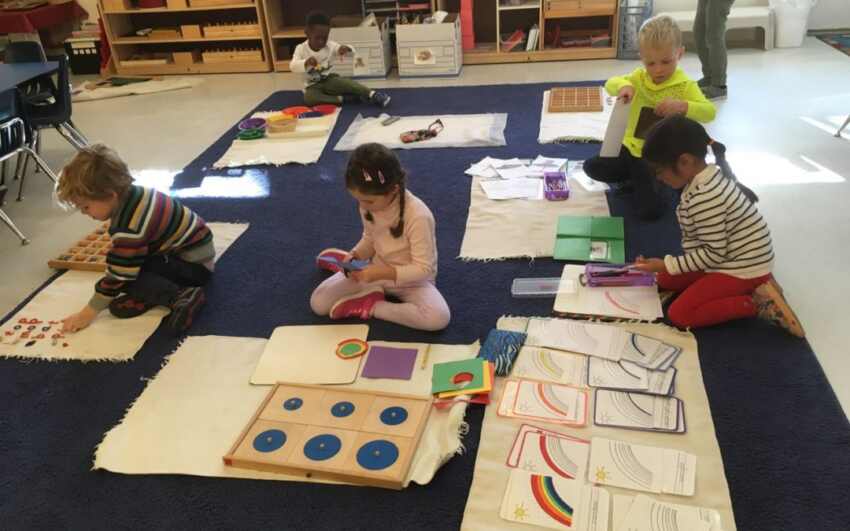The Impact of COVID-19 on Nursery Schools: Adapting to the New Normal
The COVID-19 pandemic has undoubtedly changed the landscape of education, affecting all levels from preschool to higher education. This article focuses on the impact of the pandemic on nursery schools and how they are adapting to the new normal.
Challenges Faced by Nursery Schools
When COVID-19 struck, nursery schools faced numerous challenges due to their unique nature. These challenges included ensuring the safety and well-being of the young children, providing engaging remote learning experiences, and managing the concerns of parents.
Safety and Health Measures
Nursery schools had to implement strict health and safety measures to prevent the spread of the virus. These measures included frequent handwashing, sanitizing surfaces, practicing social distancing, and wearing masks. Moreover, temperature checks and health screenings became a part of everyday routines.
Transition to Remote Learning
The nursery school experience heavily relies on hands-on activities, social interaction, and play-based learning. Adapting these activities to a remote learning format proved to be a significant challenge. Teachers had to find creative ways to engage children through online platforms, use interactive tools, and provide parents with guidance on facilitating learning at home.
Parental Concerns
Parents expressed concerns about the safety of their children and the effectiveness of remote learning. Nursery schools had to address these concerns by providing transparent communication, regular updates on safety measures, and building trust with parents through virtual meetings and webinars.
Adapting to the New Normal
Nursery schools have shown remarkable resilience by adapting to the new normal and finding innovative solutions to overcome the challenges posed by the pandemic.
Hybrid Learning Approaches
Many nursery schools have implemented hybrid learning approaches, combining in-person classes with remote learning. This approach ensures that children benefit from the social interactions and hands-on activities while minimizing the risk of transmission. Schools have also provided resources and learning materials for children to continue their education at home.
Outdoor Learning Spaces
Recognizing the importance of fresh air and outdoor activities, nursery schools have started utilizing outdoor spaces for learning. They have converted playgrounds, gardens, and even parking lots into classrooms, ensuring social distancing and ventilation. Outdoor learning not only reduces the risk of virus transmission but also provides a stimulating and safer environment for children.
Increased Focus on Health and Well-being
COVID-19 has highlighted the significance of health and well-being in nursery education. Schools are now placing greater emphasis on promoting hygiene practices, mental health support, and physical activities. Regular handwashing, mindfulness exercises, and open communication about emotions have become integral parts of the curriculum.
Collaboration with Parents
Nursery schools have recognized the importance of involving parents in their child’s education during these challenging times. They have increased communication channels with parents, provided guidance on supporting learning at home, and organized virtual workshops to address their concerns and share resources.
The impact of COVID-19 on nursery schools has been significant, causing them to adapt to a new normal. The challenges faced by these schools, including safety measures, remote learning, and parental concerns, have required innovative solutions. However, nursery schools have shown resilience by implementing hybrid learning approaches, utilizing outdoor spaces, promoting health and well-being, and strengthening collaboration with parents. Despite the challenges, nursery schools continue to play a crucial role in providing a positive and nurturing environment for young children during these unprecedented times.
Nidhin
For More Details Call: +917510220582
